
Türkiye's strategic position as a conduit between East and West has long been a cornerstone of its geopolitical identity. This role, however, is evolving in the 21st century as Türkiye navigates an increasingly complex international landscape. Recent developments highlight Türkiye's unique position and its efforts to leverage this status for diplomatic and economic gains.
Türkiye's geographic location naturally positions it as a crucial link between Europe and Asia. With three bridges ana a tunnel spanning the Bosporus in Istanbul, connecting the European and Anatolian parts of the country, Türkiye physically embodies this nexus role[1]. However, Türkiye's significance extends far beyond mere geography.
In recent years, Türkiye has actively participated in various international forums, demonstrating its commitment to engaging with both Eastern and Western powers. For instance, Türkiye recently attended the BRICS Foreign Minister’s meeting in Russia, to enable Türkiye's constructive engagement in global discussions [2]. Meanwhile, Türkiye’s participation in the G7 summit in Italy underscores international recognition of Türkiye's pivotal role, confirming its respected status on the world stage..
Türkiye's interest in joining BRICS, a group originally comprising Brazil, Russia, India, China, and South Africa, further illustrates its multifaceted foreign policy approach. Türkiye has started considering BRICS membership bid, recognizing the potential economic benefits and the complementary relationship this aligns with Türkiye's existing Western partnerships, enhancing its global standing.[3]. However, it's important to note that Türkiye views this potential membership not as an alternative to its Western alliances, but as a complementary relationship[4].
Economically, Türkiye has been making significant strides. The country has become a major humanitarian aid donor, ranking as the largest donor worldwide with $8 billion in humanitarian assistance in 2017, accounting for 0.85% of its Gross National Income [5]. This commitment to international aid enhances Türkiye's soft power and global influence.
Türkiye's role in addressing regional challenges further cements its position as a key player in Eurasia. The country has been at the forefront of managing the refugee crisis, hosting millions of refugees and playing a crucial role in EU-Türkiye agreements on migration management [6]. Additionally, Türkiye's involvement in combating terrorism and its efforts to maintain regional stability highlight its importance in addressing security concerns that affect both Europe and Asia.
While Türkiye's bridging role presents opportunities, it also comes with challenges. Balancing relationships with diverse international actors requires careful diplomacy. Türkiye's pursuit of a "peace at home peace in the world" policy and its efforts to position itself as a logistics and energy hub connecting Europe and Asia demonstrate its ambition to capitalize on its unique position [7].
In conclusion, Türkiye's evolving role as a Eurasian conduit reflects the changing dynamics of global politics and economics. By engaging with both Eastern and Western powers, participating in diverse international forums, and addressing regional challenges, Türkiye is reinforcing its position as a key player in the Eurasian landscape. As the country continues to navigate this complex geopolitical environment, its ability to balance diverse interests and relationships will be crucial in shaping its future role on the global stage.
*Image: A News
[1] "Türkiye's Strategic Importance: An Analysis," University of Groningen, accessed June 6, 2024, https://www.rug.nl/about-ug/latest-news/news/newsletters/international/2016/summer-15160-1d-turkije?lang=en
[2] "Why Türkiye Wants to Join BRICS," Middle East Eye, accessed June 6, 2024, https://www.middleeasteye.net/news/why-Türkiye-wants-join-brics
[3] "Turkish President Confirms G20 Attendance, Seeks Lula's Support for BRICS Membership," Government of Brazil, accessed June 6, 2024, https://www.gov.br/planalto/en/latest-news/2024/06/turkish-president-confirms-g20-attendance-seeks-lula2019s-support-for-brics-membership ;Why Türkiye Wants to Join BRICS," Middle East Eye, accessed June 6, 2024, https://www.middleeasteye.net/news/why-Türkiye-wants-join-brics
[4] "Why Türkiye Wants to Join BRICS," Middle East Eye.
[5] "The United Nations Organization and Türkiye," Republic of Türkiye Ministry of Foreign Affairs, accessed June 6, 2024, https://www.mfa.gov.tr/the-united-nations-organization-and-turkiye.en.mfa
[6] "Türkiye's Strategic Importance: An Analysis," University of Groningen.
[7] "Türkiye's Eurasian Ambitions at a Time of Geopolitical Uncertainty," Centre for European Policy Studies, accessed June 6, 2024, https://www.ceps.eu/ceps-publications/Türkiyes-eurasian-ambitions-at-a-time-of-geopolitical-uncertainty/
© 2009-2025 Center for Eurasian Studies (AVİM) All Rights Reserved
No comments yet.
-
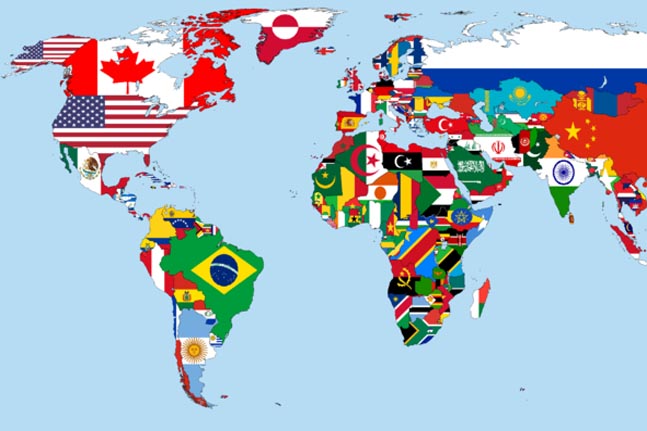 EUROPEAN CURE=ARMENIAN AFFLICTION: PRONOUNCING HATE SPEECH UNDER THE GUISE OF NATIONALISM
EUROPEAN CURE=ARMENIAN AFFLICTION: PRONOUNCING HATE SPEECH UNDER THE GUISE OF NATIONALISM
Teoman Ertuğrul TULUN 09.10.2018 -
 BIASED INITIATIVES BY THE EUROPEAN ACTORS FOR NAGORNO KARABAKH
BIASED INITIATIVES BY THE EUROPEAN ACTORS FOR NAGORNO KARABAKH
Teoman Ertuğrul TULUN 28.03.2018 -
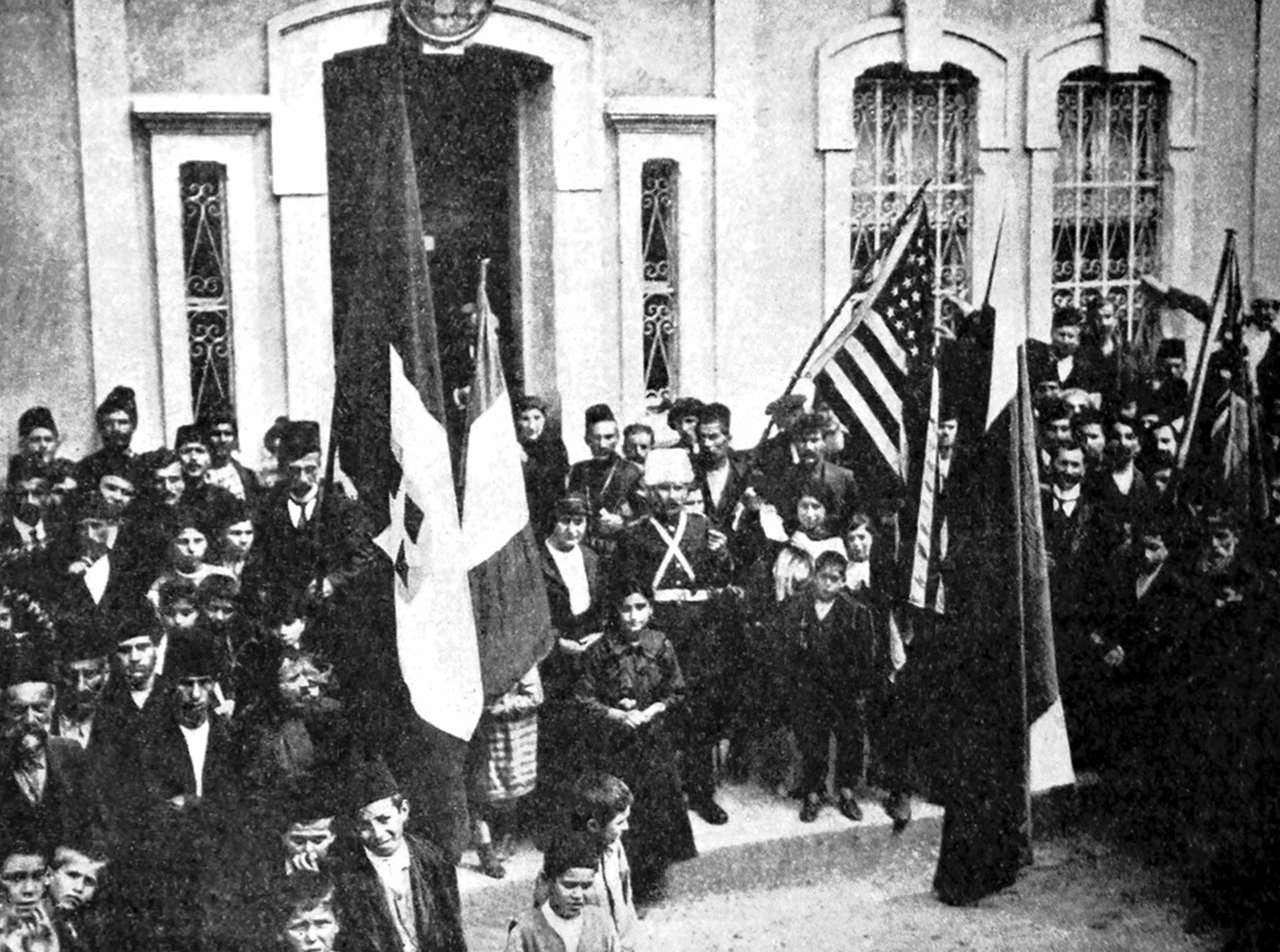 19 MAY AND PONTUS STORIES
19 MAY AND PONTUS STORIES
Teoman Ertuğrul TULUN 20.05.2019 -
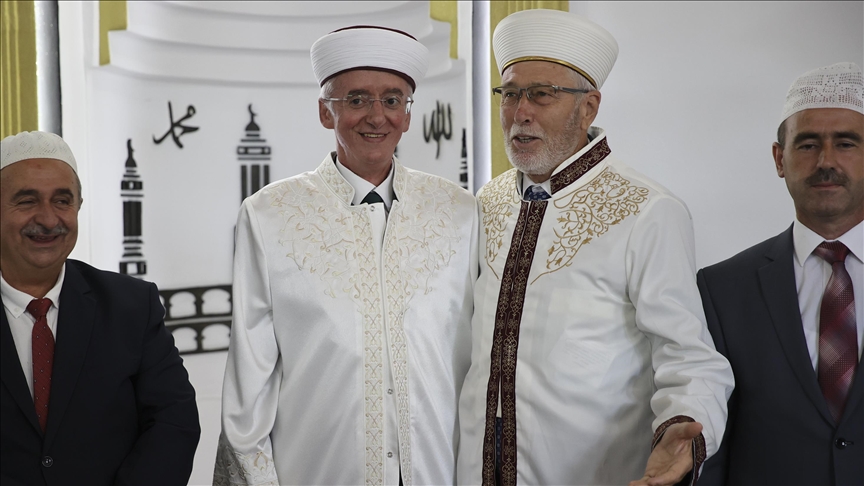 RELIGIOUS ASSIMILATION POLICIES IN GREECE: PRESSURE ON TURKISH MUFTIS AS A CONTINUATION OF MINORITY RIGHTS VIOLATIONS
RELIGIOUS ASSIMILATION POLICIES IN GREECE: PRESSURE ON TURKISH MUFTIS AS A CONTINUATION OF MINORITY RIGHTS VIOLATIONS
Teoman Ertuğrul TULUN 21.08.2025 -
 AN EXEMPLARY FIGURE IN DIPLOMACY AND HISTORY: IN MEMORY OF RETIRED AMBASSADOR BİLAL ŞİMŞİR
AN EXEMPLARY FIGURE IN DIPLOMACY AND HISTORY: IN MEMORY OF RETIRED AMBASSADOR BİLAL ŞİMŞİR
Teoman Ertuğrul TULUN 10.05.2024
-
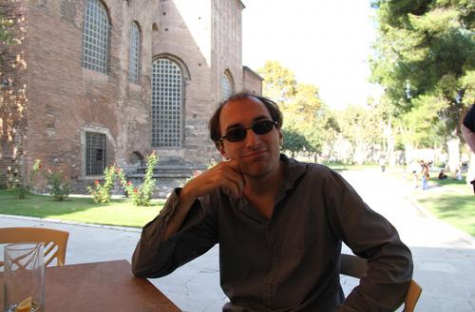 WHAT KIND OF “RECONCILIATION” IS THE HRANT-DINK FOUNDATION PROMOTING?
WHAT KIND OF “RECONCILIATION” IS THE HRANT-DINK FOUNDATION PROMOTING?
Maxime GAUIN 19.03.2015 -
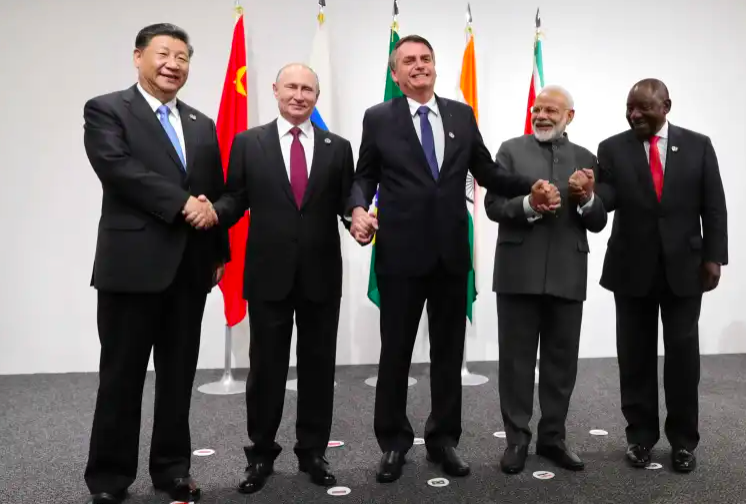 BRICS TAKES A POSITIVIVE VIEW OF ENLARGEMENT
BRICS TAKES A POSITIVIVE VIEW OF ENLARGEMENT
Şevval Beste GÖKÇELİK 04.07.2022 -
THE ARMENIAN PRESIDENTIAL ELECTIONS INDICATE THAT THE TENSION IN THE REGION WILL CONTINUE TO BUILD UP
Alev KILIÇ 18.12.2012 -
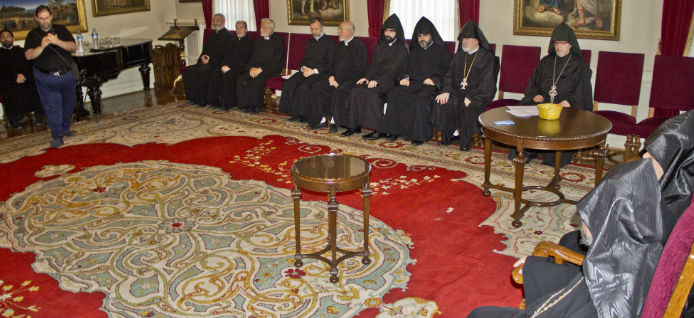 CONCERNS OVER THE PATRIARCH ELECTION
CONCERNS OVER THE PATRIARCH ELECTION
AVİM 07.07.2017 -
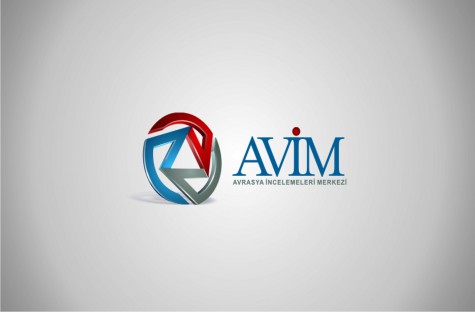 POPE'S CARELESSNESS
POPE'S CARELESSNESS
Ali Murat TAŞKENT 11.05.2015
-
25.01.2016
THE ARMENIAN QUESTION - BASIC KNOWLEDGE AND DOCUMENTATION -
12.06.2024
THE TRUTH WILL OUT -
27.03.2023
RADİKAL ERMENİ UNSURLARCA GERÇEKLEŞTİRİLEN MEZALİMLER VE VANDALİZM -
17.03.2023
PATRIOTISM PERVERTED -
23.02.2023
MEN ARE LIKE THAT -
03.02.2023
BAKÜ-TİFLİS-CEYHAN BORU HATTININ YAŞANAN TARİHİ -
16.12.2022
INTERNATIONAL SCHOLARS ON THE EVENTS OF 1915 -
07.12.2022
FAKE PHOTOS AND THE ARMENIAN PROPAGANDA -
07.12.2022
ERMENİ PROPAGANDASI VE SAHTE RESİMLER -
01.01.2022
A Letter From Japan - Strategically Mum: The Silence of the Armenians -
01.01.2022
Japonya'dan Bir Mektup - Stratejik Suskunluk: Ermenilerin Sessizliği -
03.06.2020
Anastas Mikoyan: Confessions of an Armenian Bolshevik -
08.04.2020
Sovyet Sonrası Ukrayna’da Devlet, Toplum ve Siyaset - Değişen Dinamikler, Dönüşen Kimlikler -
12.06.2018
Ermeni Sorunuyla İlgili İngiliz Belgeleri (1912-1923) - British Documents on Armenian Question (1912-1923) -
02.12.2016
Turkish-Russian Academics: A Historical Study on the Caucasus -
01.07.2016
Gürcistan'daki Müslüman Topluluklar: Azınlık Hakları, Kimlik, Siyaset -
10.03.2016
Armenian Diaspora: Diaspora, State and the Imagination of the Republic of Armenia -
24.01.2016
ERMENİ SORUNU - TEMEL BİLGİ VE BELGELER (2. BASKI)
-
AVİM Conference Hall 24.01.2023
CONFERENCE TITLED “HUNGARY’S PERSPECTIVES ON THE TURKIC WORLD"









